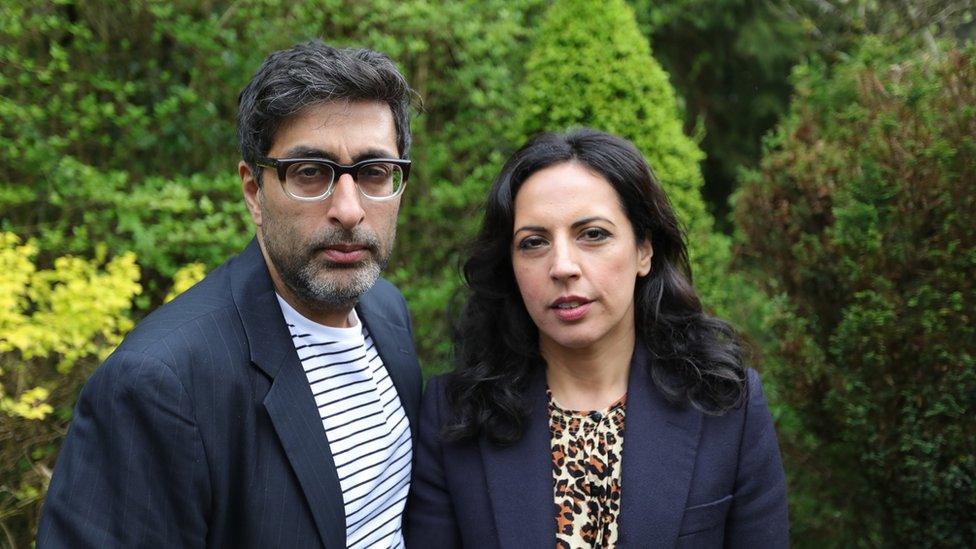India and Pakistan: 'Partition pain like an heirloom to carry'
- Published
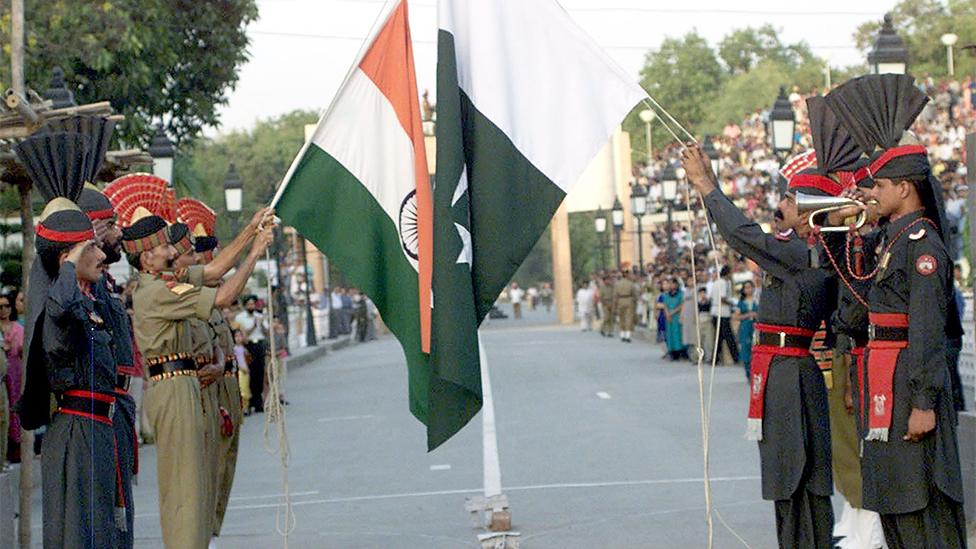
The partition of British India led to the creation of two independent nations - India and Pakistan
When Sagar Ghelani and Fiyza Awan think about 75 years of independence for India and Pakistan, what springs to mind is to remember the sacrifices.
"It's about remembering those people and then reflecting about how we can make a positive impact," Sagar, a British Indian, tells Radio 1 Newsbeat.
"I am so happy about the freedom but very much aware they were forged by fire," adds British Pakistani Fiyza.
In August 1947, a partition of British India led to the creation of two independent nations - India and Pakistan.
But it also led to an upsurge in bloody violence, with an estimated one million people killed.
Fiyza and Sagar have both been told stories by their families of the horrors of that time.
"There's nobody who's untouched, my grandparents, great uncles and aunties told me. Some of them can't get through the story without being in tears," Fiyza says.
"My family have said people were seen almost like enemies, as someone who was your neighbour then became an outsider," 26-year old Sagar adds.
'It's something we should remember'
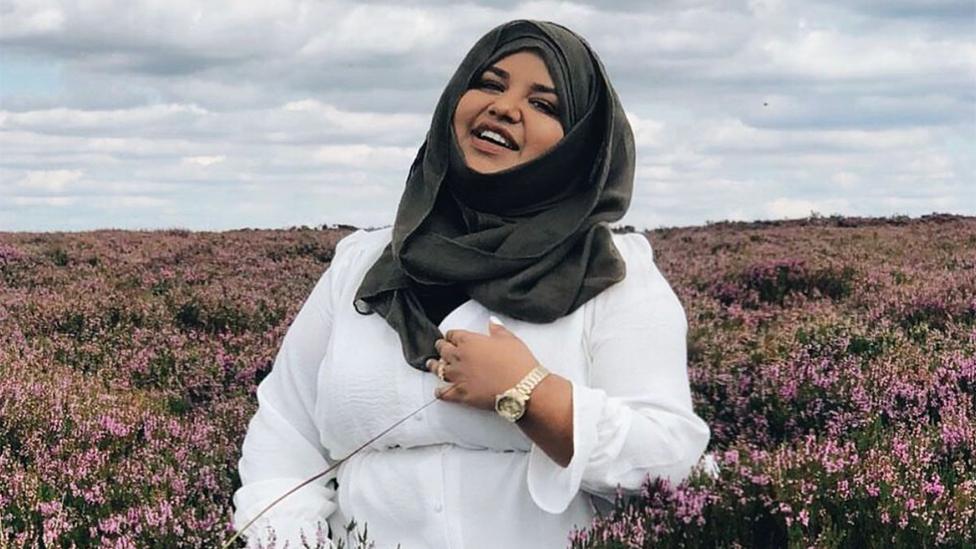
Fiyza feels the "stories live on and the pain is still there"
Fiyza, 31, feels that "partition pain is like an heirloom that we'll carry generation to generation" because of the painful stories told by family members.
"My sisters and I were told about the mass suicides amongst women, and it's something we should remember. As we have a privilege that women of that generation did not," she says.
Fiyza, who lives in Sheffield, feels "the legacy of partition has been a deep appreciation and desire within us all to be proud of our identity".
She says having a British Pakistani identity means "having the best of both worlds".
"Being Pakistani, though, is my heritage. It's my history, the traditions we have, it gives me awareness about who I am, where I've come from and that leads me to where I'm going."
Fiyza loves the parts of her culture which she describes as "really vibrant and rich", like the food, clothing, jewellery, music and festivals.
She thinks it can be easy for Indians and Pakistanis to "feel at conflict with each other", but says it's important to remain peaceful and unified.
"Wish each other peace, love, prosperity on both sides of the border. And here in the UK there aren't any borders, we're living together and appreciating each other's culture," she says.
'Some of those issues are still there'
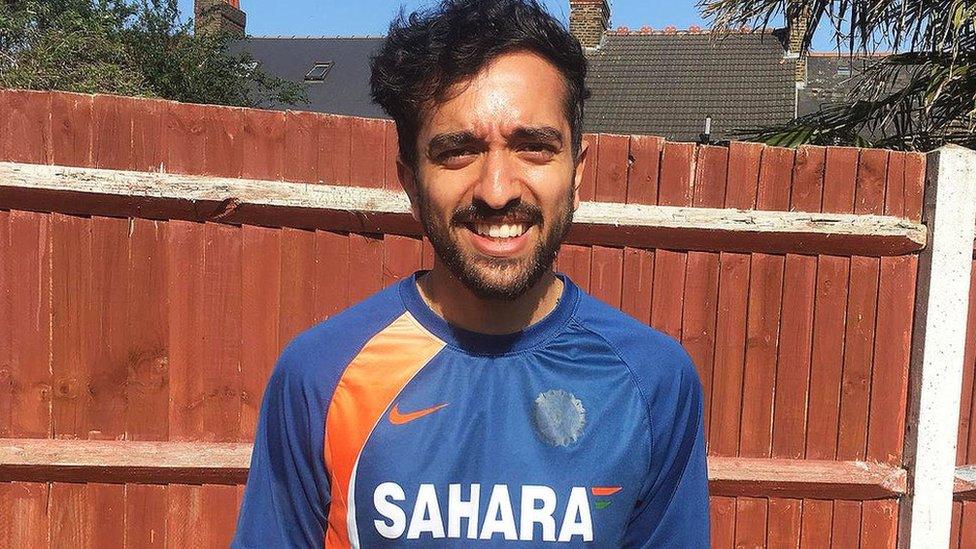
"I view independence as a memory for those who gave up their lives," Sagar says
For Sagar, who lives in London, India is the "land of the culture" he follows.
"So when I think of independence it ties me back to the culture which defines my values, way of looking at life and purpose," he says.
"For those people to have given up their lives so India and people connected to India can have a better future is significant and why independence for me is about honouring them."

Partition of India
Two newly-independent states were created - India and Pakistan
British India was divided along religious lines - into Hindu-majority India and Muslim-majority West Pakistan and East Pakistan (later Bangladesh).
The partition was perhaps the biggest movement of people in history, outside war and famine
About 12 million people became refugees. Between half a million and one million people were killed in religious violence
Tens of thousands of women were abducted

But Sagar says the legacy of partition can be seen in "today's world as some of those issues are still there".
Despite the tensions that exist between India and Pakistan, he feels it's important to "focus on the similarities" between people because then the "world is a happier place".
"Regardless of whether you're Indian or from Pakistan, it's important to remember we're all human beings," he says.
"It's about having that level of respect for each other and finding ways of being open and inclusive."


Follow Newsbeat on Instagram, external, Facebook, external, Twitter, external and YouTube, external.
Listen to Newsbeat live at 12:45 and 17:45 weekdays - or listen back here.
- Published15 August 2022
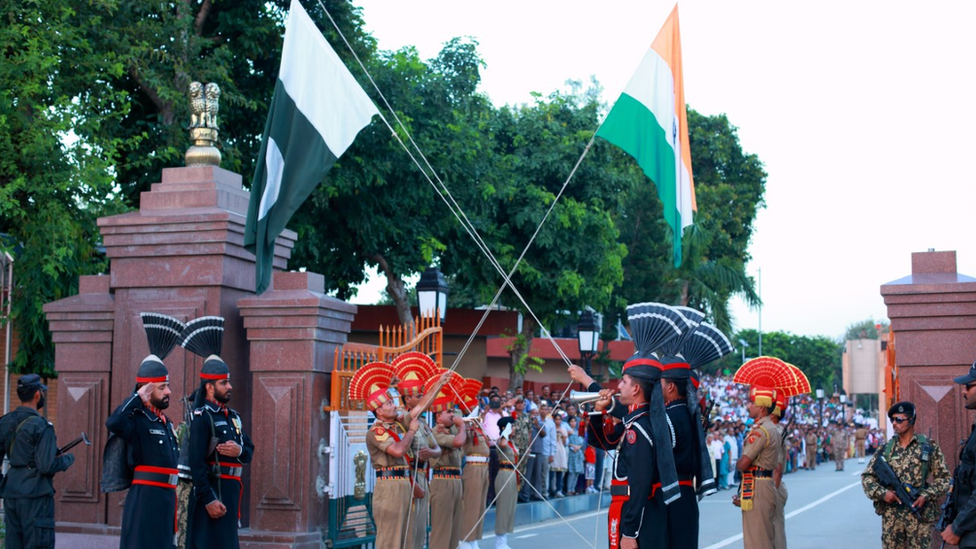
- Published15 August 2022
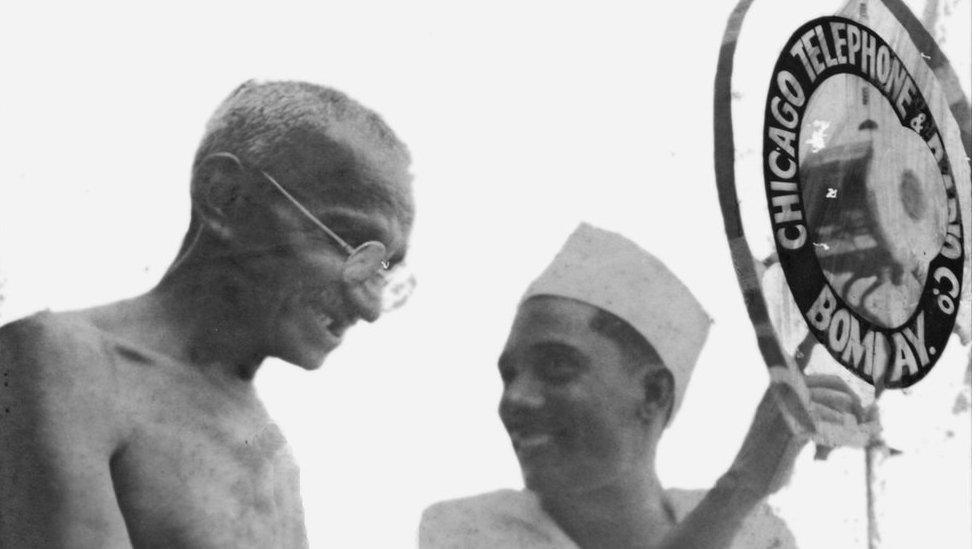
- Published6 August 2022
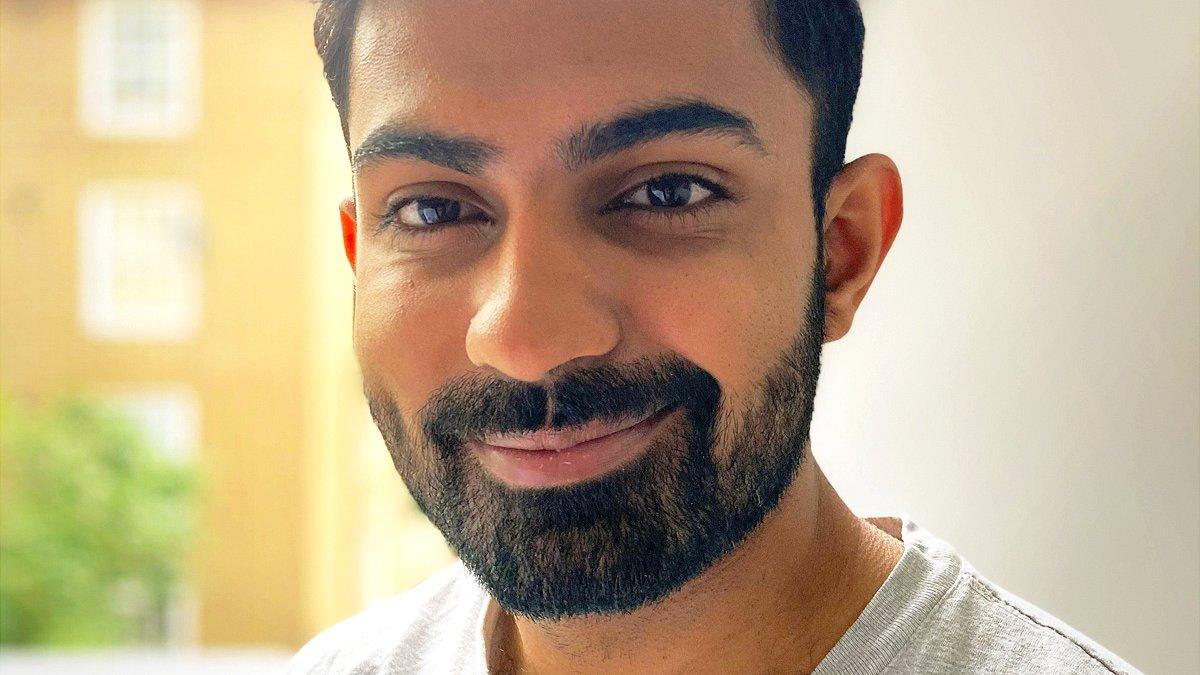
- Published15 August 2023
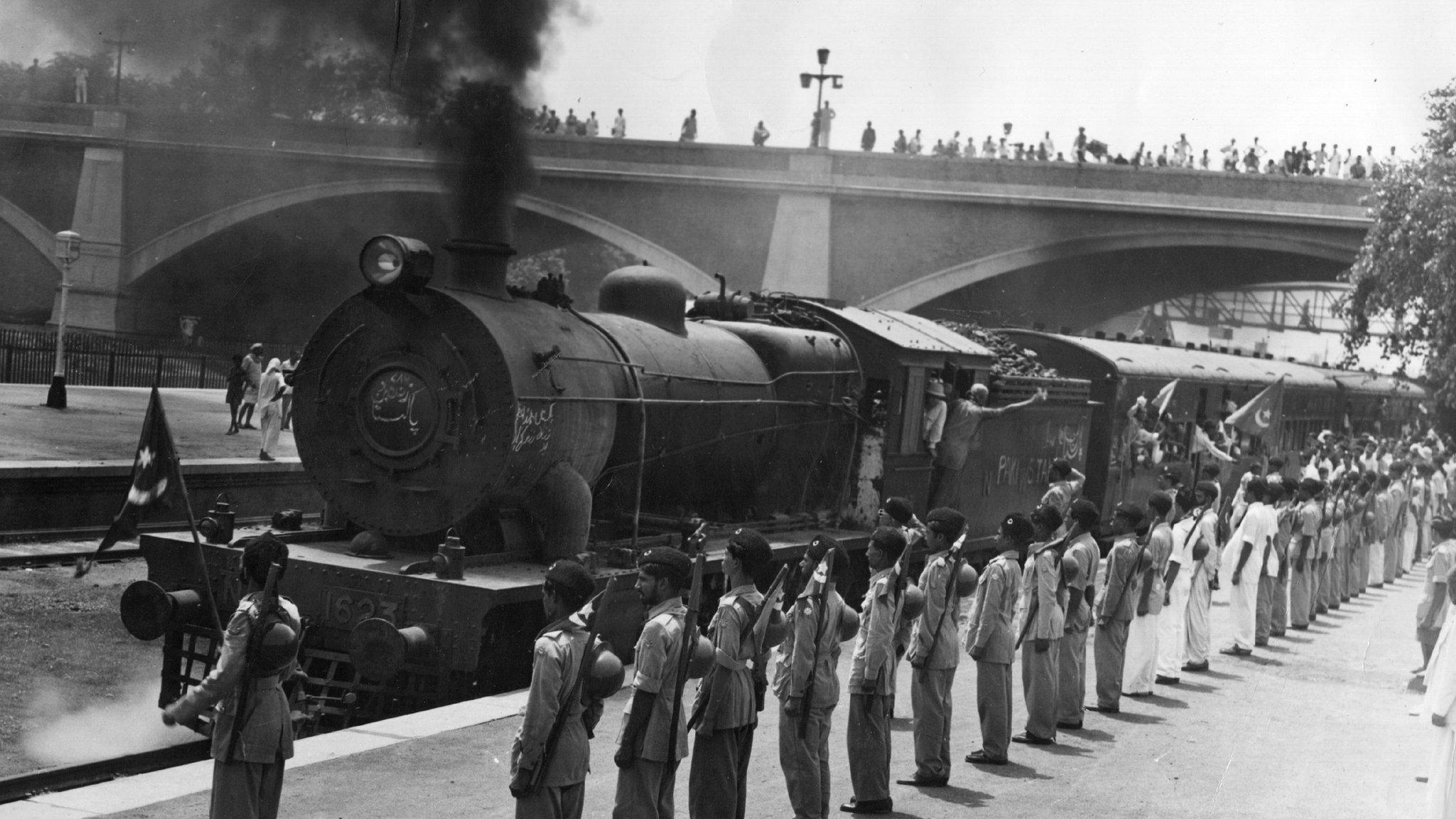
- Published27 March 2017
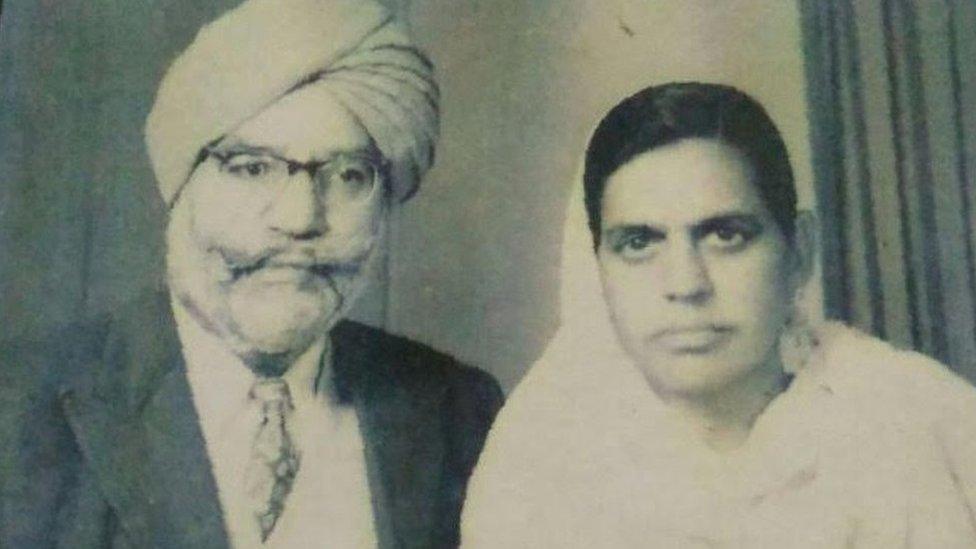
- Published27 July 2017
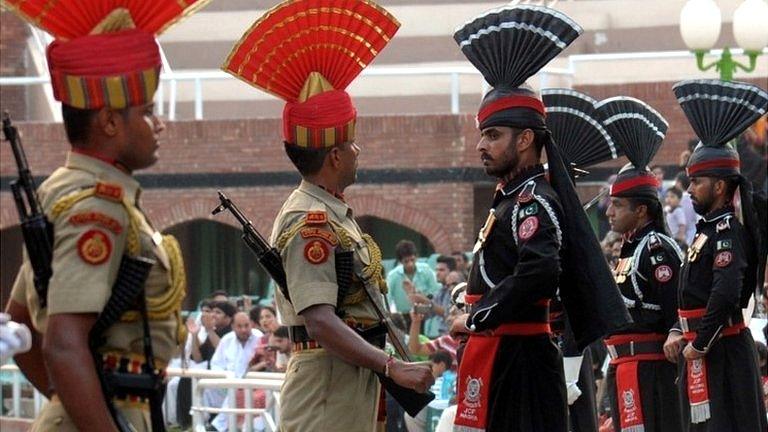
- Published12 August 2017
